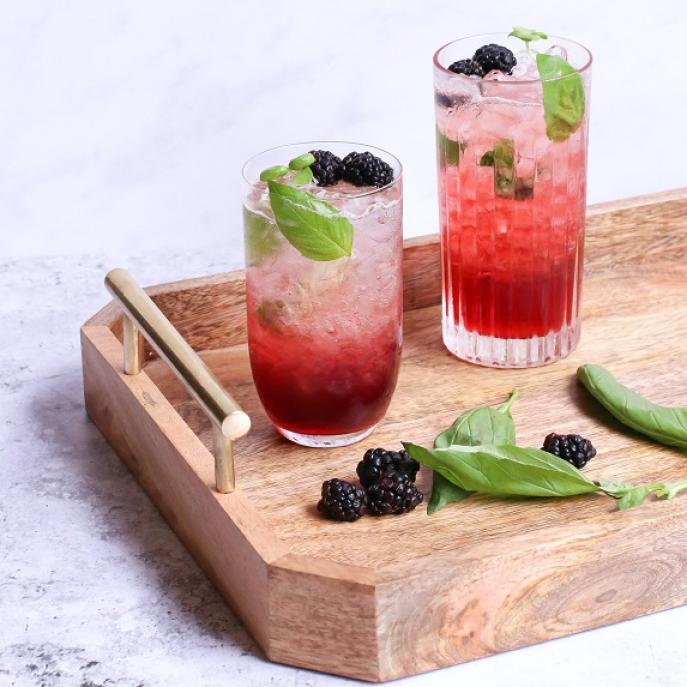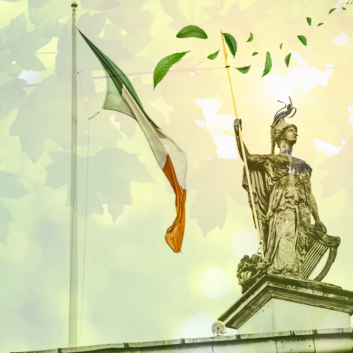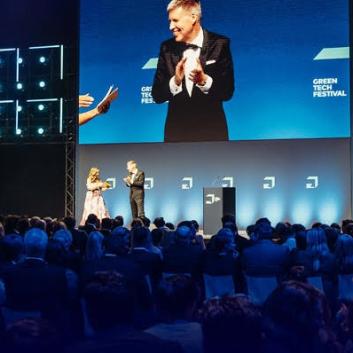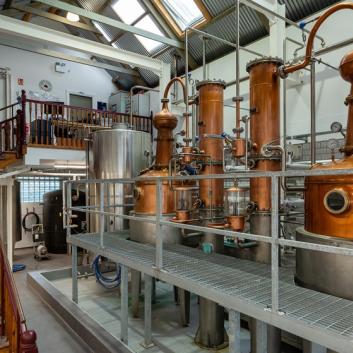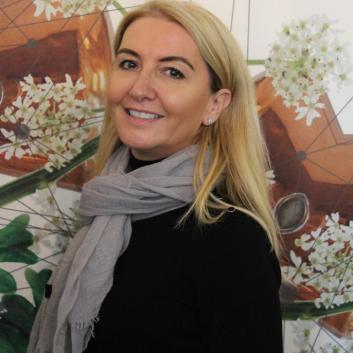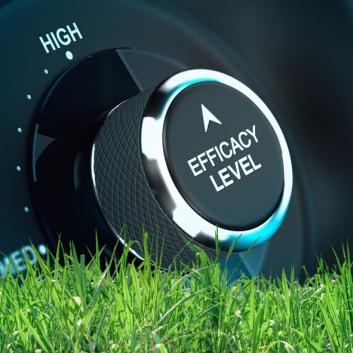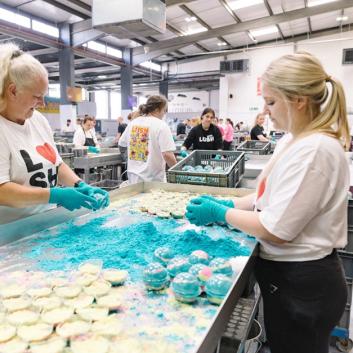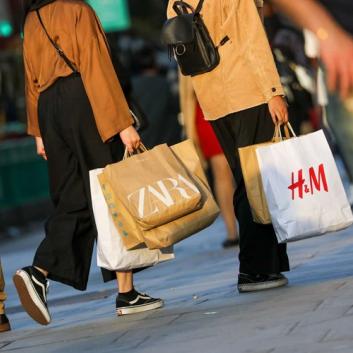Prosocial disruption delivered by a distillery in Dublin
Viki Baird, Co-Founder of the Stillgarden Distillery, explains their pro-social approach to building and running their business.
She says, “We try to promote social activity but in a different way. For example, we transformed an area of wasteland which was near the distillery. It was full of all sorts of junk, and we turned it into a botanical garden and recruited several ‘Social Botanists’ throughout the first Covid lockdown. We gave people growing kits, which they took away and grew the botanicals at home.”

When the plants had outgrown the boxes, everyone returned and together with the organisers, they planted them in the botanical garden.
After harvesting those botanicals, they collaborated with the botanists to create what they call a ‘Social Gin’.
The distillery gave the botanists three different flavours to choose from, all made with the plants they had grown at home. In this way, local people are playing an essential part in creating this community-based drink.
The company is on a mission to bring our spirit of prosocial disruption to the world through science, community and nature.
Viki explains further: “The science component refers to the fact we have a lab here and lots of excellent equipment like an ultra-sonic ager, and stuff like that which allows us to create different and innovative products.
About the nature side of things, one of our main community projects is the Social Botanist Project, which takes place weekly, so we get new people signing up. We also do on-site garden tours where people can come along for 10 euro, and for that price, they get to look at the garden and enjoy a free drink on our terrace.”
Viki details how the Social Botanist Project works:
“We have hydroponic boxes, and we plant them up for people to take away. There are about eight different botanicals and a special light in each one which helps them grow quicker. It is vital that they grow quickly to enable people working on the same projects to keep up and meet up.
While driving through this area, you can spot some of these boxes on people’s windowsills.
For us, it means people are getting involved and also inspires us to look for other areas of wasteland where we can plant botanicals and engage more social botanists.”
“We try to reuse as much as possible and use this mindset in every aspect of our business.
This includes the packaging we get in, which we reuse where possible in our delivery system. Also, when we make our espresso martini, we take used coffee grains from local coffee shops and reuse those to create this specific drink.
Some of our other gins utilise many healthy materials, which we dry after making our gin and use in tea bags. If there is something we can’t reuse from our ingredients, we give it to local farmers for chicken feed.”
They also run a return your bottle scheme where they give people a discount if they return their bottle and their stopper, andreuse these items rather than put them into the bottle bank.
Viki shares why they have taken this unique approach:
“Because we are called Stillgarden, we always wanted to have a garden on our premises.

During the first Covid lockdown, people came to us, just chatting with us, saying they were bored and looking for something to do during the downtime.”
Since they have reopened, there is a great variety of outdoor and indoor experiences that they can offer to visitors, including garden tours and gin tasting.
Eventually, these projects inspired them to do their community-based projects, and the reaction to their efforts was overwhelmingly positive, getting great support from their customers and the local community.
Headline image: Geraud Pfeiffer, Pexels
This content is a piece of an article originally published in the "Make change happen" issue of Profit with Purpose Magazine.
The Summer 2022 edition of the magazine is focusing on making cities sustainable and inclusive, and is available here >>>






